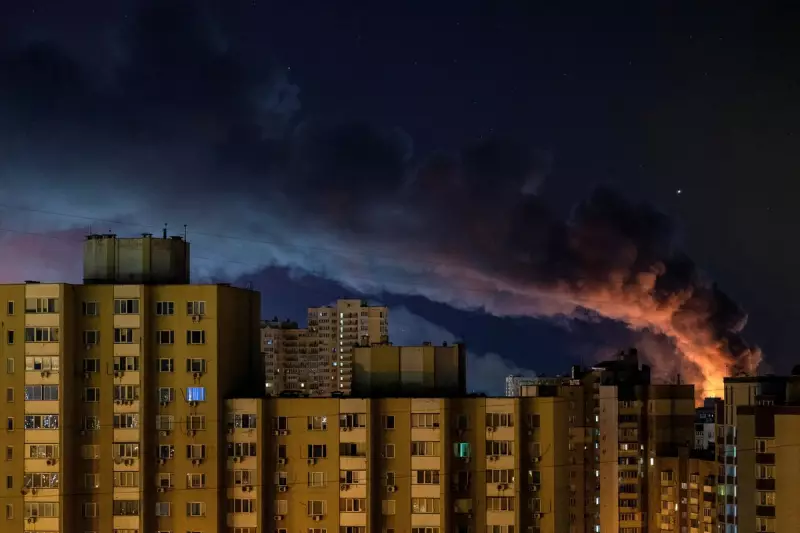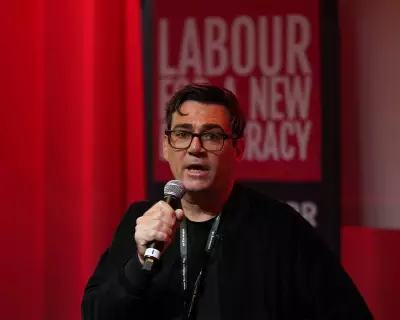
Ukrainian air defence forces executed a spectacular defence of the capital Kyiv overnight, successfully neutralising a massive wave of Russian attack drones in one of the most intense aerial assaults in recent weeks.
The coordinated attack, launched from multiple directions, saw Ukrainian defenders destroy all 24 Iranian-made Shahed drones targeting the city and surrounding regions. The operation demonstrated Kyiv's growing proficiency in countering Russia's drone warfare tactics despite ongoing ammunition shortages.
Trump's NATO Comments Spark International Backlash
The military action coincided with growing political turmoil as former US President Donald Trump sparked global outrage by suggesting he would encourage Russia to attack NATO members failing to meet defence spending targets. The remarks, made during a campaign rally, have raised profound concerns about the future of Western military alliances should Trump return to power.
European leaders have responded with alarm, with NATO Secretary General Jens Stoltenberg emphasising that any attack on alliance members would be met with a unified response. "Such statements undermine our collective security," Stoltenberg stated.
Zelensky's Leadership Shake-Up Amidst Intensified Conflict
In a significant military restructuring, President Volodymyr Zelensky has appointed Colonel Oleksandr Pokorsky as the new commander of Ukraine's ground forces. This leadership change comes as Ukrainian forces face critical challenges on the eastern front, particularly around the strategically important city of Avdiivka.
Western officials report that Russian forces are gradually advancing in the region, though at tremendous cost in both personnel and equipment. The situation highlights the urgent need for continued military support from Ukraine's international partners.
Humanitarian Crisis Deepens
The conflict's human toll continues to mount, with recent attacks on civilian infrastructure causing widespread damage. In the Kherson region, Russian shelling destroyed a multi-storey residential building, while in the Donetsk region, a hospital in Selydove suffered significant damage from missile strikes.
International organisations report deteriorating humanitarian conditions in occupied territories, with access to basic necessities becoming increasingly scarce for vulnerable populations.
As the conflict approaches its third year, diplomatic efforts remain stalled, with no immediate prospects for peace negotiations. The combination of intensified military action and political uncertainty surrounding Western support sets the stage for a critical phase in Europe's largest conflict since World War II.





